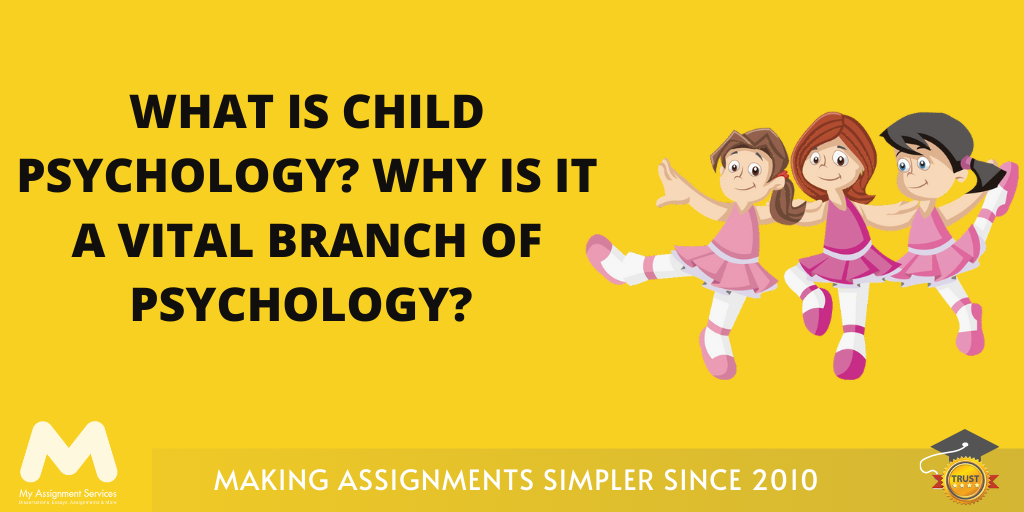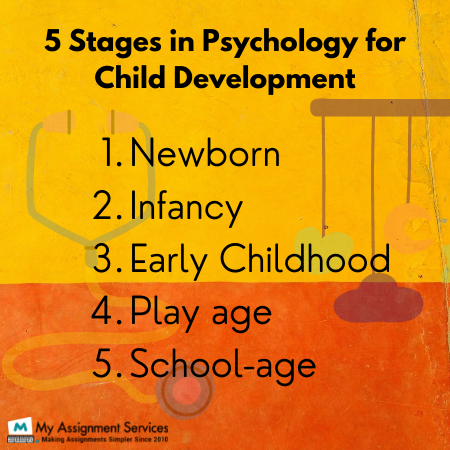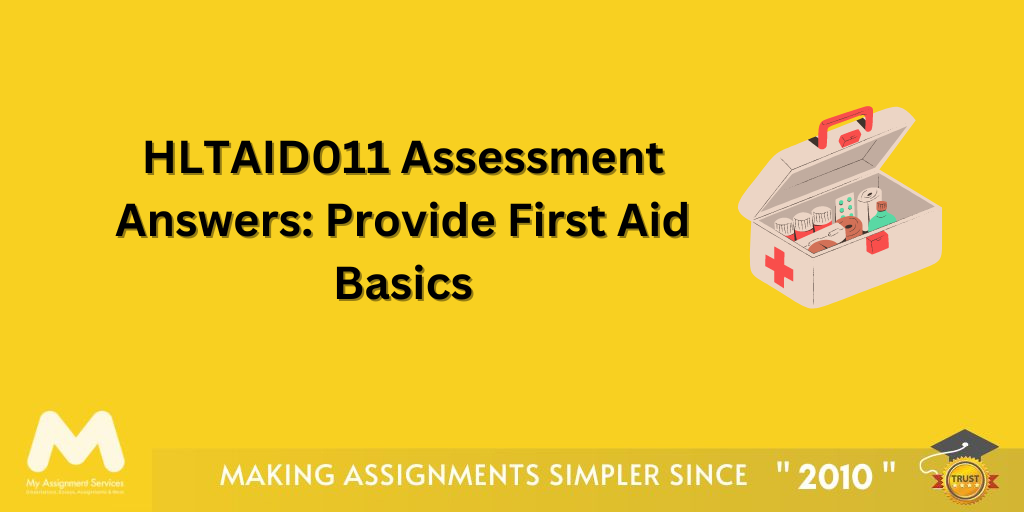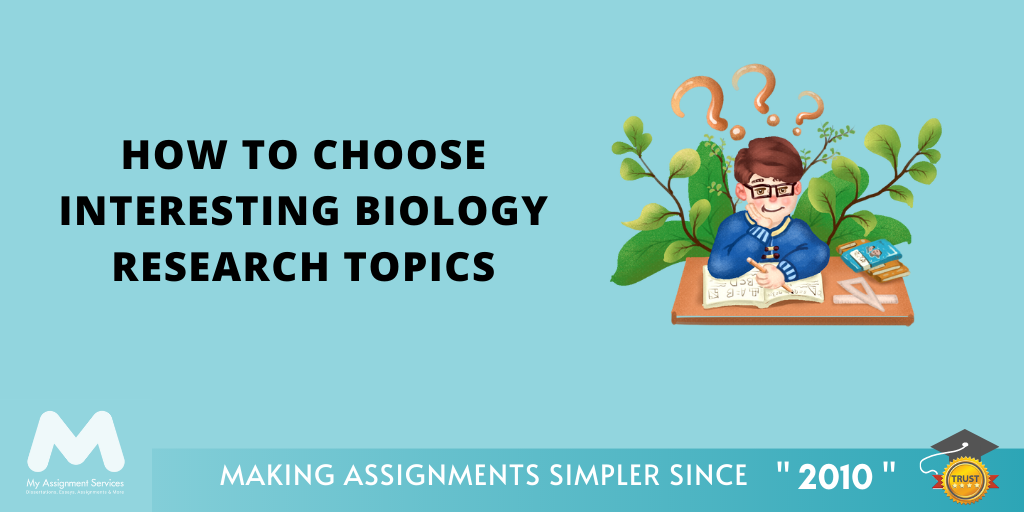
The study of the conscious and subconscious of a child for examining their childhood development is referred to as child psychology. Child psychologists discern and interpret children's interactions with their parents and the world. Also, they understand children's ideas of themselves to monitor their mental development.
Every parent wants their child to develop healthily both physically and mentally. Still, sometimes a child's ambiguous behaviours make it hard for parents to decipher if it is a sign of normal development or an abnormality. Child psychologists can help you figure out the difference between the two. Understanding the usual and unusual psychological and behavioural symptoms of a child can help you interact and connect with your child. It helps them learn and develop a coping mechanism to manage their emotions and help them progress through each development stage.
Child psychology is an essential part of psychology as it can detect premature abnormal behaviours in children. It helps determine the cause of common behavioural complications such as learning inability, hyperactivity, trauma, or anxiety and helps children deal with early childhood trauma. Child psychologists prevent, analyze, and diagnose developmental issues or abnormalities in children such as autism.

What Are The Five Stages in Child Psychology for Child Development?
Now that we know what child psychology is, but why is it necessary for treating children? We'll discuss the stages of child development and diagnosis for behavioural abnormalities in each step.
Child development is a well-organized process that comprises critical stages that establish your child's ability to adapt to their surroundings, perceive and respond to varied stimuli, and nurture relationships with their peers and adults (other than parents) around them. The child acquires key skills during these phases that characterize them as adults. A failure to adequately tackle each stage puts the child at risk of developing skills in specific areas.
The five stages of child development areas are listed below:
-
Newborn Development Stage:
The first stage of development is the newborn development stage which lasts from newborns to 18 months. The child majorly learns through their sense of touch and visual stimuli, accentuated by their sensory discernment. During this stage, children often put things in their mouths to taste them due to their need to understand their surroundings. They differentiate between good and bad objects by tasting them.
The newborn development stage is crucial for a child's development; you need to form a bond with your child. In this development stage, babies start recognizing the faces of people around them and making sounds to communicate. A child can be introduced to various colours to develop their vision.
-
Infancy Development Stage:
Between 18 and 24 months, children develop control over their head and hand movements. They can sit and babble a few words regarding their needs for nine months. Their skills further develop to crawling and standing with support.
Parents are often advised to play various games like picking things up and moving about to develop their mobility. You can do this by asking them to pick items up or roll a ball.
-
Early Childhood Development Stage:
Children develop skills to walk without support in between 18 to 24 months.
You can teach your kid to scribble, play with building blocks or go up a flight of stairs to increase their mobility. Children learn to form short sentences and learn easy words on a cognitive level.
Parents and teachers can help develop children's strong skills by teaching them words like 'Yes' or 'No'. A child's relationship with parents is the most important factor in developing their automotive skills.
-
Play Age Development Stage:
Only learning without playing can wear your child out and make them avoid learning. Playing is also a good method for learning various skills, but proper hours must be allocated to help them get used to a schedule. Your child will develop strong bones and muscles, agility, and enough flexibility through playing. Children start recognizing and understanding their surroundings at this age, so they regard you as their role model and mimic your actions.
Children playing various games like a house or some profession-centred play depicts their initial interest and aspirations. Children subconsciously learn to initiate their actions independently and begin to develop a sense of responsibility for their actions.
-
School-age Development Stage:
Between 6 to 12 years of age, progress from middle childhood into adolescence. Your child will develop various interests and knowledge about many concepts of their interest at this age. Having developed their cognitive skills, children develop friendships and bonds with their nuclear family at this age. This stage is a crucial pillar in developing your child's self-confidence and work ethic.
Some children develop disorders like ADHD at school-age that show in their inability to focus at school and compulsive behaviours. If ADHD is left untreated, it can develop further in adulthood and affect personal, professional and family life.
These are the important stages of psychological development for a child. If you are a parent reading this, then now you know the basic concept of child psychology. If you are a student reading this seeking medicine, child psychology assignments help, or nursing homework help in the Canada, hopefully, this helps you.
What are some FAQs related to Child psychology?
How is a Child Psychologist Different from A Psychiatrist? What Do Child Psychologists Normally Do?
Psychiatrists are medical doctors, while child psychologists specialize in clinical psychology for children. Also, a psychiatrist focuses on their patients' physical and mental state to determine their psychological aspects. Whereas a child psychologist exclusively focuses on emotions, thoughts and behaviours, family and social surroundings of a child to diagnose a child's psychological state. They are not only responsible for dining but also for preventing children's mental disorders. They help children manage their emotions and respond to their surroundings' stimuli through developed therapy sessions or strategies.
So How Does The Therapy Work? Is Treatment Only For The Child Or Also The Parents?
First, an evaluation for parents or guardians is conducted by the psychologist as they are the ones who have the most understanding and knowledge about their child's discomfort. Next, the child is evaluated physically and mentally to accurately diagnose the psychological, emotional and behavioural changes and their causes. For the diagnostic stage, the child prescribes motivating activities or books children according to their age. After the diagnostic is completed and explained to their parents, the child usually works on an individual level to achieve the objectives. Then parents are briefed on the child's current conditions and the prescribed task for the week, and how they can encourage their children to achieve it.
Are There Relapses?
Questions regarding relapses are one of the most asked questions by concerned parents. I know it can be a worry-inducing topic for many parents if their child can relapse.
Therapy, in most cases, ends on a positive note with both children and parents emotional well-being. But, families should always be prepared for relapses; these are the cases when a patient experiences similar symptoms for their disorders or discomfort states.
Such situations arise when parents let their guard down and don't follow the diagnostics believing their child has healed. For such cases, child psychologists often ask parents if the child has been experiencing the symptoms for more than a month. Parents then have to visit more often (even every day if needed) to diagnose the child before it becomes chronic.
Related Study Materials
Our Experts can answer your Assignment questions instantly.
Ask Question0 Comment
Get It Done! Today
1,212,718Orders
4.9/5Rating
5,063Experts













Loved reading this Blog? Share your valuable thoughts in the comment section.
Add comment